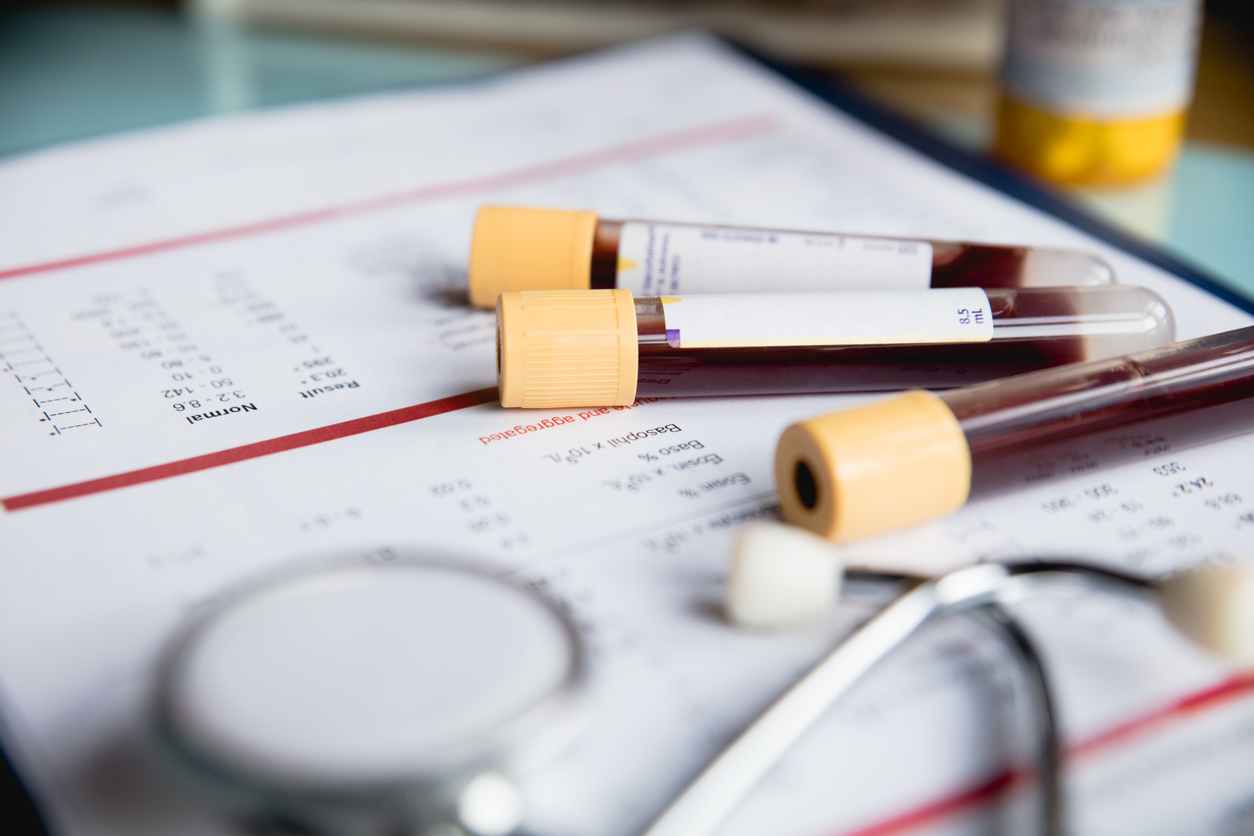Evidence

Dispositional mindfulness and acute heat pain Comparing stimulus-evoked pain with summary pain assessment
Research shows that mindfulness meditation helps reduce both acute and chronic pain and that its pain-relieving benefits extend to reducing fear of pain, pain avoidance, and pain catastrophizing when someone is anticipating or experiencing pain.

How Gut Bacteria May Be Linked to Lupus
Bacteria and other microorganisms living in your gut, known as the microbiome, play a big role in keeping you healthy.

The (in)visible health risks of climate change
Although the co-benefits from addressing problems related to both climate change and air pollution have been recognised, there is not much evidence comparing the mitigation costs and economic benefits of air pollution reduction for alternative approaches to meeting greenhouse gas targets.

A new approach to detecting cancer earlier from blood tests: study
Cancer scientists led by principal investigator Dr. Daniel De Carvalho at Princess Margaret Cancer Centre have combined "liquid biopsy," epigenetic alterations and machine learning to develop a blood test to detect and classify cancer at its earliest stages.

Substances in Coffee May Protect Against Parkinson’s Disease and Dementia with Lewy Bodies, a New Animal Study Suggests
Two substances from coffee, acting together, may protect against nerve cell damage and improve behavior in animal models of Parkinson’s disease and a related disease called dementia with Lewy bodies (DLB), according to a new study funded by the National Center for Complementary and Integrative Health.

Towards the global elimination of cervical cancer
Two very effective prevention strategies for cervical cancer exist – vaccination against the human papillomavirus (HPV) and cervical screening with primary HPV testing followed by treatment of precancerous lesions.

Seasonal Affective Disorder and Complementary Health Approaches : What the Science Says
Seasonal Affective Disorder (SAD), a type of depression that comes and goes with the seasons, typically starts in the late fall and early winter and goes away during the spring and summer.

BOADICEA: a comprehensive breast cancer risk prediction model incorporating genetic and nongenetic risk factors
Breast cancer (BC) risk prediction allows systematic identification of individuals at highest and lowest risk. We extend the Breast and Ovarian Analysis of Disease Incidence and Carrier Estimation Algorithm (BOADICEA) risk model to incorporate the effects of polygenic risk scores (PRS) and other risk factors (RFs).

Implementing laughter therapy to enhance the well-being of patients and nurses
This article aims to enhance nurses’ knowledge and understanding of laughter therapy, which is a practice within complementary and alternative medicine.

10 years to green the NHS and the health sector
How do you feel about the words “climate emergency”? Clearly, we are in a terrible mess and in danger of reaching points of no return for several planetary boundaries. Although some organisations are feeling great about signing up to targets for Carbon Zero by 2040, the Intergovernmental Panel on Climate Change is clear that the aim should be for 2030.

Perfectionism and mental health
The aim of this study was to examine the relationship between perfectionism and mental health in a sample of students. One hundred and eighty five students (92 girls, 85 boys, 8 unknown) were included in this study.
